Annual Report 2017
For too long, good news in conservation has been the absence of bad news. However this is no longer an acceptable outcome if we are to succeed in conserving Africa’s natural heritage.
African Parks was founded on the very premise that the remaining intact and wild landscapes of Africa can be successfully conserved, and even those that are degraded can be restored. Fundamentally, we believe that in the wake of conserving and restoring wild landscapes lies a better existence for mankind. And where nature is rehabilitated and restored, so too is our own humanity.
The year was filled with great advancements and truly hopeful signs of gaining ground in conserving Africa’s wild landscapes. But we know it is not enough, that we are in a race against time to secure the last of the wild before species are lost forever, and landscapes are beyond restoration. I’d like to end with an inspiring and stirring battle cry from the great scientist, E.O. Wilson, who in Half-Earth: Our Planet’s Fight for Life, a book motivating the need to set aside half the surface of the Earth for nature, writes: “To those who are steering the growth of reserves worldwide, let me make an earnest request: don’t stop, just aim a lot higher.” And that’s exactly what we intend to do.
Read the Chairman's Message and a Letter & Executive Summary from our CEO
Our Portfolio
At the close of 2017, African Parks had 14 parks under management in nine countries, covering 10.5 million hectares (40,540 square miles) and representing seven of the 11 ecological biomes in Africa. This is the largest and most ecologically diverse amount of land under protection for any one NGO on the continent.
Highlights from 2017
- 2017 was a year of continued impact, including extending our footprint from 10 to 14 parks and surpassing our 2020 goal of reaching 10 million hectares under our responsibility. It was also a year marked by historic translocations and reintroductions.
- In May 2017, we successfully reintroduced 18 black rhinoceroses from South Africa to Akagera National Park in Rwanda, 10 years after they went locally extinct. After spending seven years securing the park and reducing poaching to an all-time low, Akagera was ready to welcome back this endangered species.
- In August, we completed the historic elephant translocation in Malawi, where 520 elephants were successfully moved from Liwonde National Park and Majete Wildlife Reserve and released into Nkhotakota Wildlife Reserve. This was an extraordinary undertaking and a remarkable achievement for all three parks.
- We found ourselves involved in a humanitarian crisis when over 300 Internally Displaced People, mainly women and children, fled to Chinko in the CAR for protection. In a country ruled by warring political and ethnic factions with no functioning peacekeeping force, these individuals would almost certainly have suffered a cruel death.
- Garamba is often referred to as ground zero in the elephant poaching wars, and our team continued to hold the line for the remaining 1,200 elephants in the park. Our revamped law enforcement strategy resulted in a 50 percent reduction in elephant poaching compared the previous year.
Gallery
Scroll through the gallery to learn more about the parks we manage.
You Can Help.
Because 100% of funding goes towards the parks, every dollar counts. You can make a difference and help support our work to restore wild landscapes, and secure a future for Africa's wildlife.
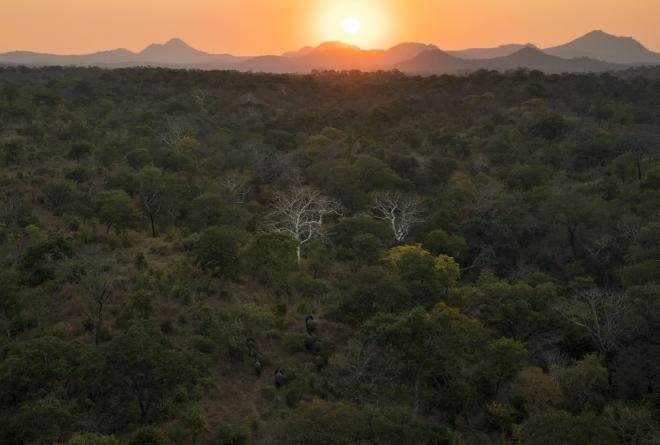 © Pete McBride
© Pete McBride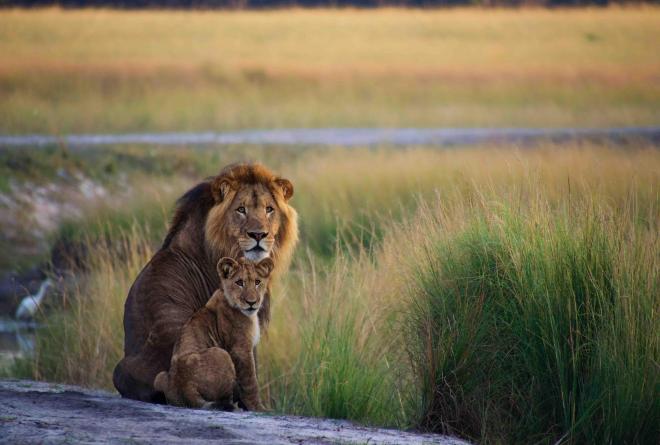 © Andrew MacDonald
© Andrew MacDonald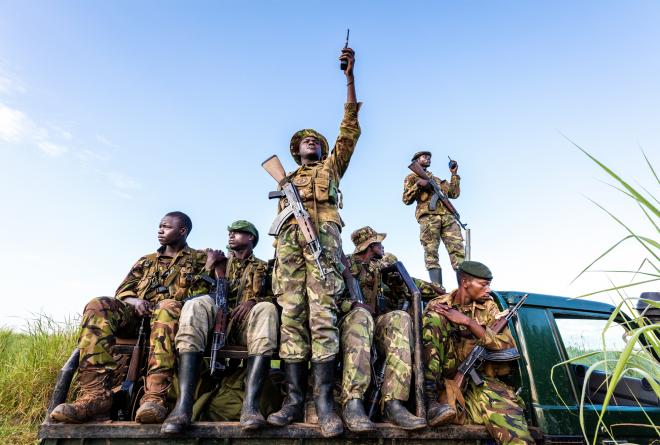 © Marcus Westberg
© Marcus Westberg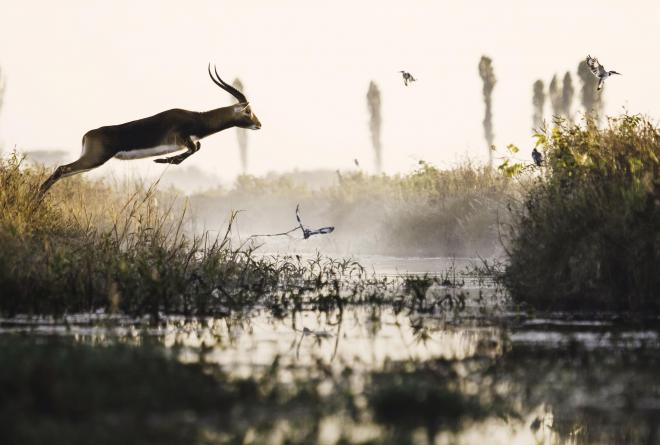 © Mana Meadows
© Mana Meadows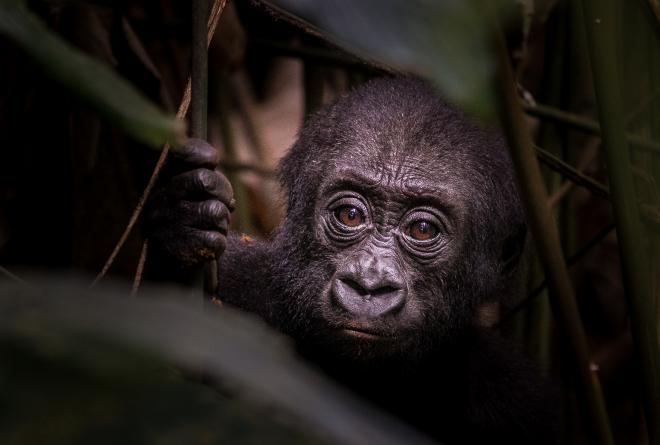 © Scott Ramsay
© Scott Ramsay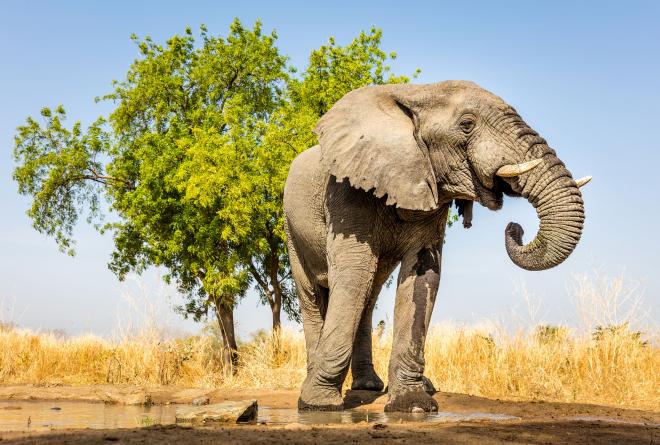 © Marcus Westberg
© Marcus Westberg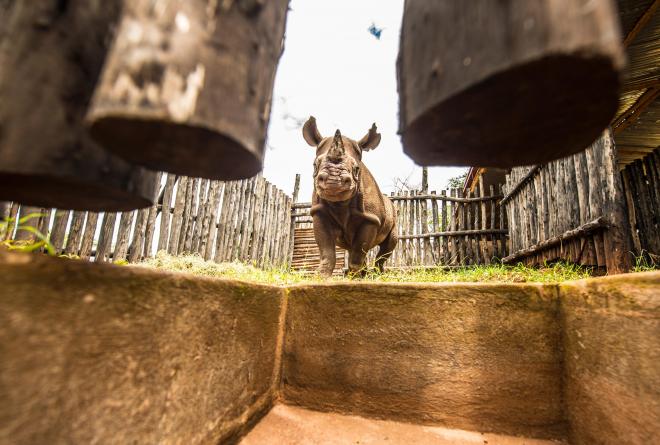 © Gael vande Weghe
© Gael vande Weghe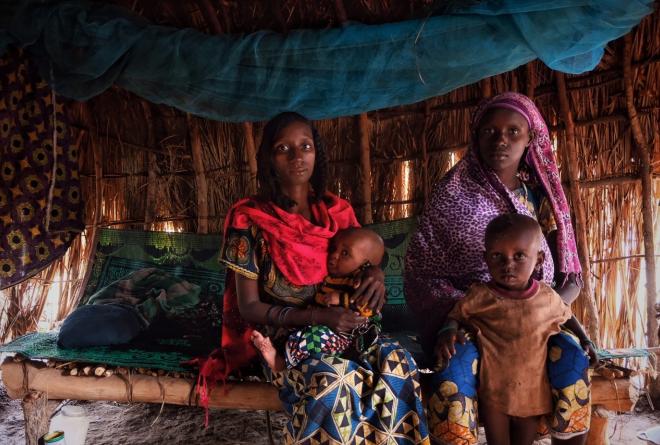 © Evelyne Malfliet
© Evelyne Malfliet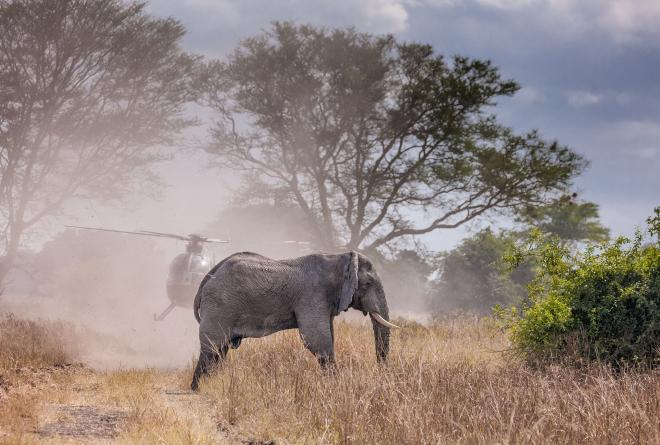 © Frank Weitzer
© Frank Weitzer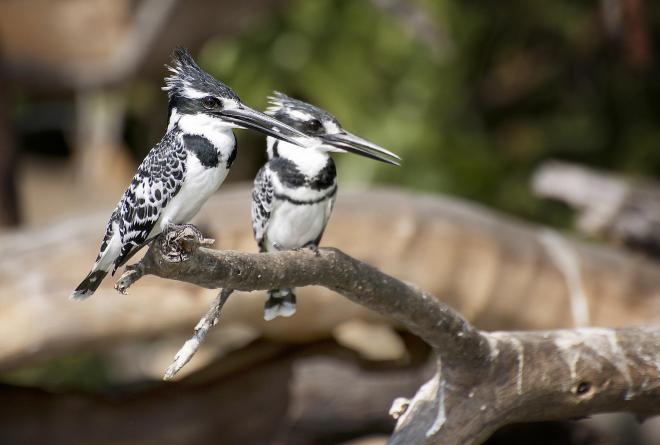 © Frank Weitzer
© Frank Weitzer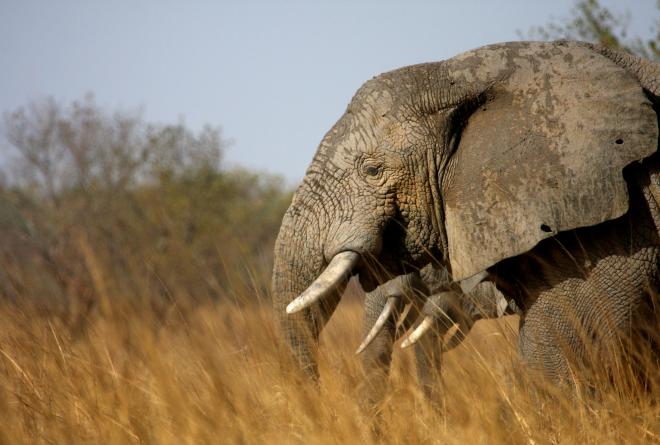 © Jonas vande Voorde
© Jonas vande Voorde